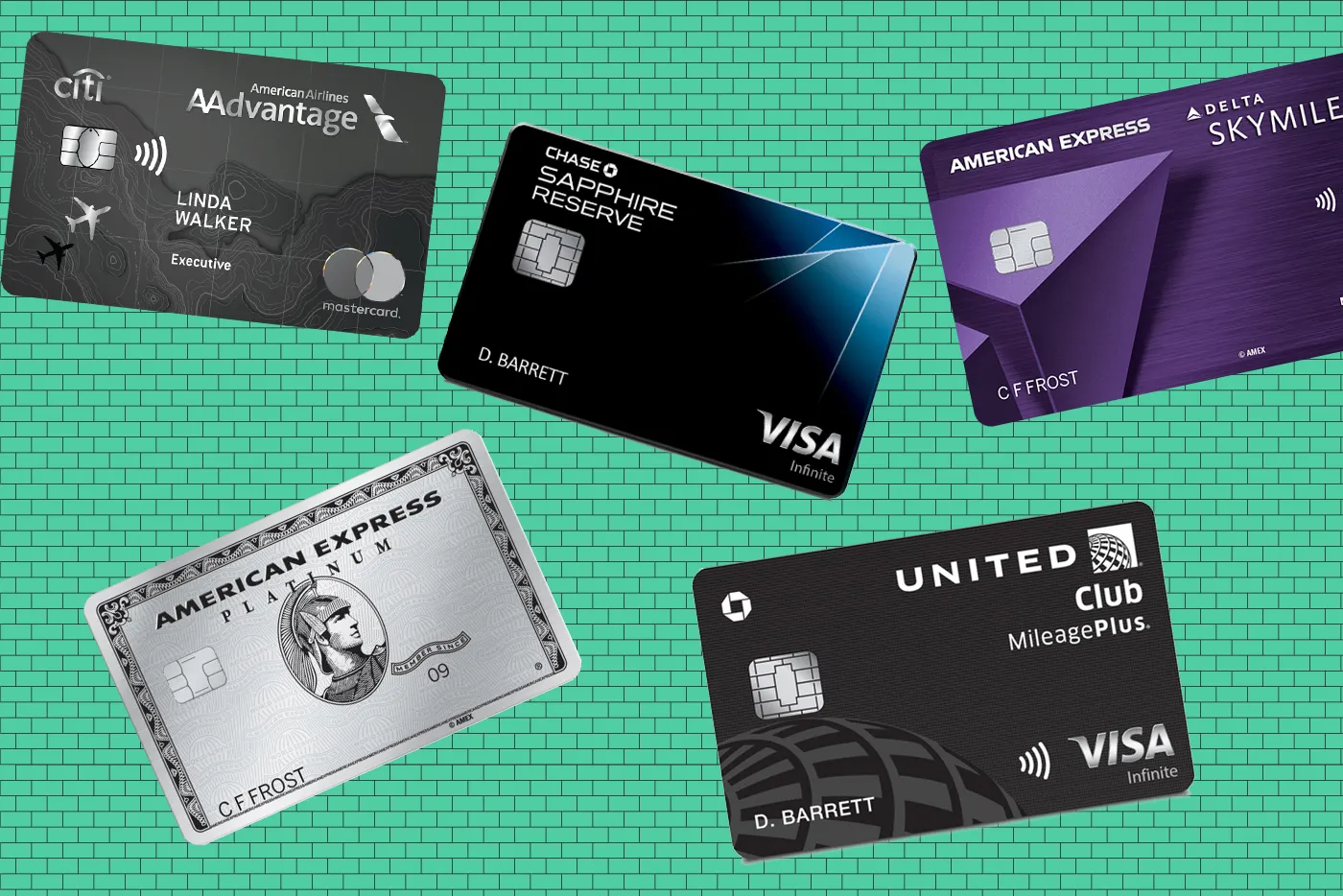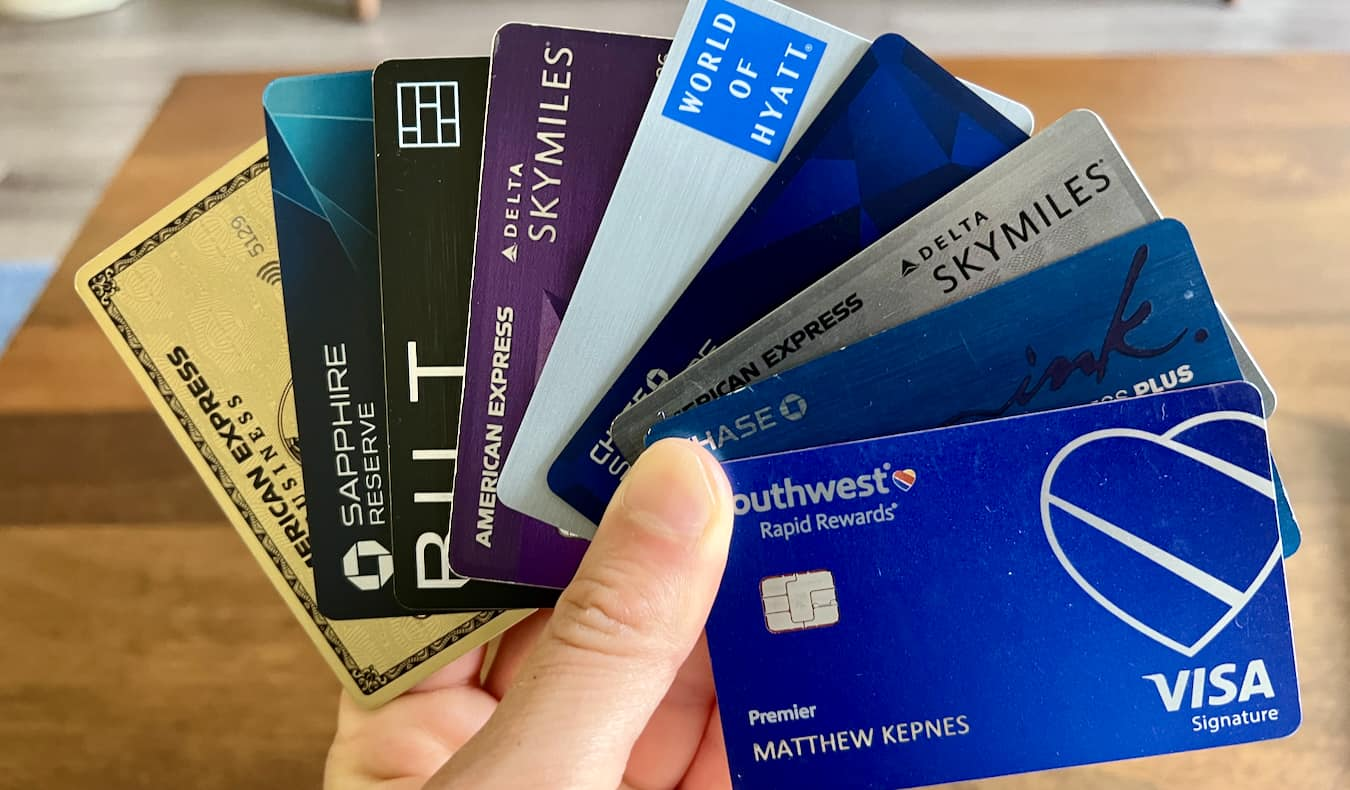Credit cards offer a variety of rewards, such as cash back and travel perks. By comparing credit card rewards, you can find the perfect card to suit your lifestyle and financial goals.
Understanding Credit Card Rewards
Credit card rewards can be an excellent way to get something back for the money you spend. There are various types of rewards programs, but most cards offer one of the following:
- Cash Back: This type of reward gives you a percentage of your spending back as cash or statement credit. It’s a simple and straightforward way to earn rewards for your purchases.
- Points: Some cards offer points that can be redeemed for various rewards, such as travel, gift cards, or merchandise.
- Miles: This is common with travel rewards credit cards. Miles can be redeemed for flights, hotel stays, and other travel-related expenses.
While these rewards can vary, they are all designed to give you value in exchange for using your credit card. When you compare credit card rewards, it’s important to understand how these rewards accumulate and what you can redeem them for.
2. Credit Cards with Low Interest Rates
When selecting a credit card, it’s essential to consider the interest rates attached to the card. Credit cards with low interest rates can be a valuable tool for managing your debt, especially if you tend to carry a balance. If you don’t pay off your balance in full each month, the interest charges can quickly add up, making your purchases more expensive.
Many credit cards with low interest rates also offer promotional periods where you can enjoy 0% APR for a certain amount of time. This can be useful if you’re planning to make a large purchase or transfer a balance from a higher-interest card. Keep in mind that after the promotional period ends, the interest rate may increase.
When comparing credit card offers, it’s important to look at the APR for purchases, cash advances, and balance transfers to ensure you’re getting the best possible deal. Additionally, while low-interest cards can save you money on interest, they might not offer as many rewards or perks compared to higher-interest cards.
Compare Credit Card Rewards
When comparing credit card rewards, it’s essential to evaluate the rewards structure of different cards. Some cards offer flat-rate rewards (e.g., 1% cash back on all purchases), while others offer tiered rewards for specific categories (e.g., 2% cash back on groceries, 3% on gas, etc.).
For those who travel frequently, travel rewards credit cards are often a good choice. These cards let you earn miles that can be redeemed for flights, hotel stays, and other travel-related expenses. Some travel cards even offer bonus miles for certain purchases, like booking a flight or hotel, which can help you accumulate rewards more quickly.
If you are a student, a student credit card might be an option to consider. These cards often offer simple rewards, such as cash back or points, but they are typically easier to qualify for compared to standard credit cards. Plus, using a student credit card responsibly can help you build your credit history early, setting you up for better credit options in the future.
When comparing credit card rewards, consider your spending habits and choose a card that offers the best rewards in the categories where you spend the most. Whether you’re earning cash back, points, or miles, make sure the rewards are valuable for your lifestyle.
Credit Cards for Bad Credit
Not everyone has an excellent credit score, and if you’re in this situation, there are still options available. Credit cards for bad credit are designed for individuals with lower credit scores, making it possible to access a credit line and start rebuilding your credit.
While credit cards for bad credit typically come with higher interest rates and lower credit limits, they can still offer rewards in the form of cash back or points. However, the key to improving your credit with one of these cards is to use it responsibly. Pay off your balance in full each month to avoid high interest charges and ensure that your credit score improves over time.
When considering a credit card for bad credit, it’s important to check the fees, such as annual fees or application fees. Additionally, some cards may offer rewards, but they might have a lower earning potential compared to cards for those with better credit scores. Still, with responsible use, these cards can help you move toward better credit and eventually qualify for better rewards cards.
Maximizing Your Credit Card Rewards
To make the most out of your credit card rewards, it’s essential to use your card strategically. Here are some tips for maximizing your rewards:
- Focus on Categories: Many cards offer bonus rewards in specific categories. If you spend a lot on groceries, gas, or travel, choose a card that offers higher rewards in these areas.
- Pay Off Your Balance: To avoid interest charges, make sure to pay off your balance every month. This ensures that you don’t lose the value of your rewards to interest fees.
- Take Advantage of Sign-Up Bonuses: Many cards offer credit card sign-up bonuses for new customers who meet a spending requirement within the first few months. These bonuses can give your rewards a quick boost, but be sure you can meet the spending requirements without overspending.
Review Your Card’s Rewards Program: Occasionally review the rewards program to ensure you’re making the most of it. Some cards may change their rewards categories or add new benefits, so staying up to date can help you maximize your rewards.
Choosing the Right Card for Your Needs
Ultimately, choosing the right credit card depends on your spending habits and financial goals. Credit cards with low interest rates may be ideal if you’re looking to carry a balance without paying a lot of interest. On the other hand, if you want to earn rewards, you’ll need to consider the types of rewards you want to earn and which cards offer the best programs for those rewards.
If you’re a student, a student credit card can be a great way to start building credit and earning rewards. For those with lower credit scores, credit cards for bad credit offer a chance to improve your credit over time. Lastly, credit card offers can vary from one card to another, so it’s important to read the terms and conditions and choose the card that fits your needs best.
Conclusion
Comparing different credit card rewards can seem like a daunting task, but with the right approach, it’s easy to find a card that suits your financial needs. Whether you’re interested in earning cash back, travel rewards, or building your credit with a student credit card or credit card for bad credit, it’s important to carefully evaluate the rewards, fees, and interest rates associated with each card. By choosing the right card and using it responsibly, you can unlock the full potential of credit card rewards and enjoy the benefits they offer.




